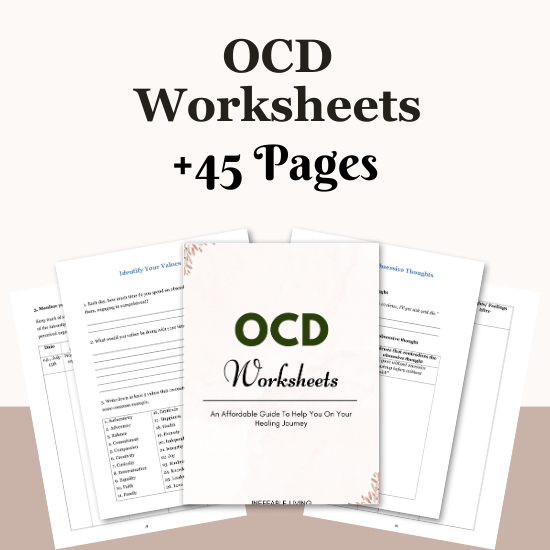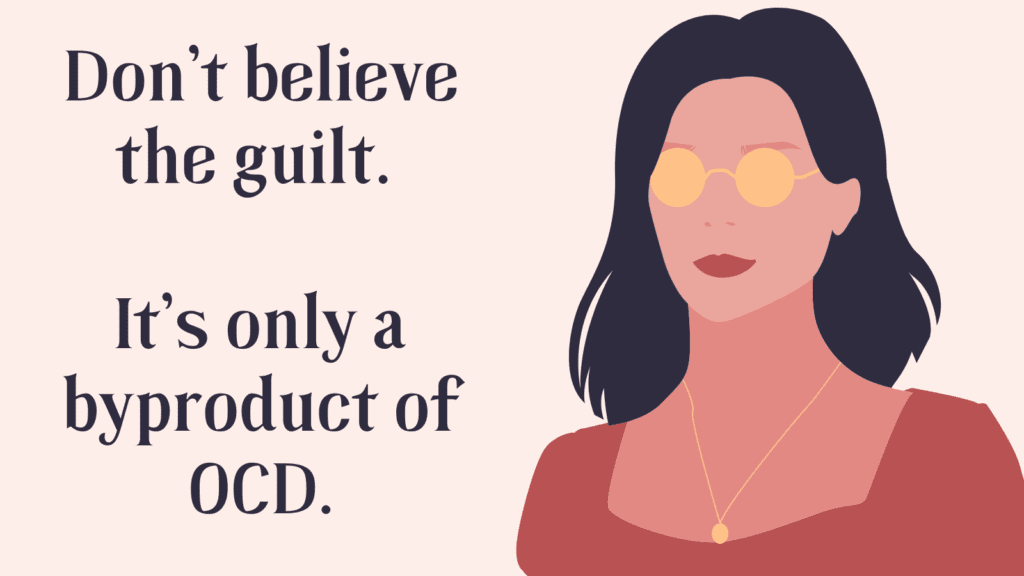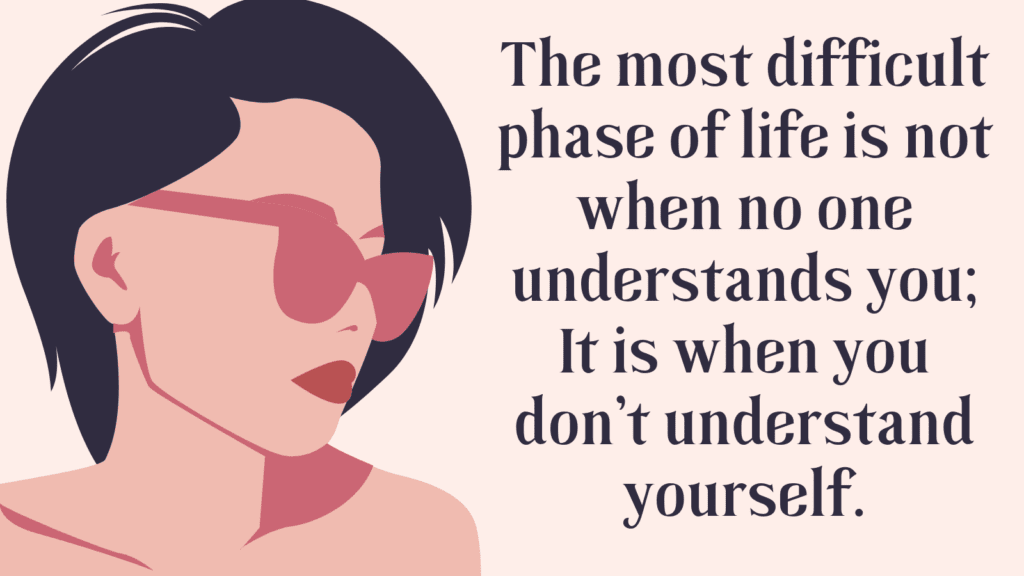Supporting someone with Obsessive-Compulsive Disorder (OCD) can be challenging. You want to reduce their distress, but helping in the wrong ways—like participating in rituals or offering constant reassurance—can unintentionally reinforce the disorder. The goal is to offer empathy, stability, and love without feeding the OCD cycle. Here’s how to strike that balance.
What Is OCD Really?
Obsessions Are Not Just Worries
Obsessions are unwanted, intrusive thoughts, images, or urges. They often feel disturbing or go completely against your values. These are not thoughts you choose. They show up uninvited and trigger intense anxiety.
Examples of obsessions
- What if I accidentally harmed someone and didn’t realize it?
- Did I say something inappropriate and offend someone?
- What if I touched something contaminated and will get sick?
Compulsions Are Not Just Habits
Compulsions are the actions or mental rituals you feel forced to do to reduce anxiety or prevent something bad from happening. These might seem logical at the moment, but they often create more distress over time.
Examples of compulsions
- Checking things repeatedly (locks, stoves, messages)
- Washing hands over and over until they feel “just right”
- Mentally repeating phrases or prayers to “cancel out” bad thoughts
Related: How To Let Go Of OCD? Top 6 Powerful Strategies to Treat OCD Using CBT (+FREE OCD Resources)
The OCD Cycle
- An intrusive thought appears (obsession)
- You feel intense anxiety
- You perform a compulsion to try to get relief
- The relief is temporary, and the obsession comes back
The cycle keeps feeding itself unless it’s broken through treatment.
OCD Is Not a Personality Quirk
OCD is not about being neat, organized, or perfectionistic. These traits can exist without OCD. True OCD is painful, time-consuming, and often invisible to others. Many people with OCD hide their struggles due to shame or fear of being misunderstood.
Living With Someone Who Has OCD: How to Be Supportive Without Enabling?
1. Learn the Basics of OCD
Understanding OCD is the foundation of support. Know that obsessions are intrusive, unwanted thoughts, and compulsions are behaviors done to reduce anxiety. These are not choices—they’re symptoms. Compassion starts with informed awareness.
2. Recognize the Difference Between Support and Enabling
Support encourages recovery. Enabling keeps OCD in control. For example:
- Support: “I know this is hard. I believe in your ability to sit with the discomfort.”
- Enabling: “Okay, I’ll check the door again so you can feel better.”
Related: How To Support A Friend With OCD? 7 Practical Ways You Can Help Someone With OCD
3. Stop Participating in Rituals (Gently)
If you’re being pulled into their compulsions—like giving repeated reassurance, checking things for them, or avoiding certain topics—it’s time to step back. Say:
“I care about you, and I want to help in ways that support your healing, not your OCD.”
4. Set Boundaries With Kindness
Let them know:
“I’m not going to answer that question again, because I know it’s part of the OCD loop. But I’m here to sit with you through the anxiety.”
This helps them tolerate discomfort without feeling abandoned.
5. Support Their Use of ERP or Therapy
Encourage treatment, offer to attend sessions if invited, and help them stick to their exposure plans. Celebrate small victories: “I saw you resist the compulsion today—that’s real strength.”
Related: Resources For OCD (Information, Podcasts, APPS, TED Talks, Books)
6. Don’t Take Setbacks Personally
Their irritability, avoidance, or rituals aren’t about you—they’re symptoms of distress. Try not to react with frustration. Respond with calm and steady presence.
7. Focus on the Person, Not the OCD
OCD can become the loudest thing in the room. Make space for your relationship outside of the disorder—whether it’s shared activities, humor, or simply being together without talking about OCD.
8. Keep Reassurance in Check
It’s natural to want to calm their fears, but reassurance often feeds the OCD cycle. Instead, try responses like:
“You’re having a hard thought. Let’s take a breath together and ride it out.”
9. Encourage Self-Compassion and Self-Reliance
Remind them: “You’ve done hard things before. You don’t have to believe everything your brain is telling you.” Empowering them strengthens their recovery muscles.
10. Care for Your Own Mental Health
Living with someone who has OCD can be emotionally draining. Seek your own support if needed. You can be a loving presence and protect your own wellbeing.
Related: Top 35 OCD Coping Skills

Conclusion
OCD doesn’t just affect the person—it affects the household. But with education, boundaries, and compassion, you can be a steady, healing part of their journey—without becoming part of the disorder.



